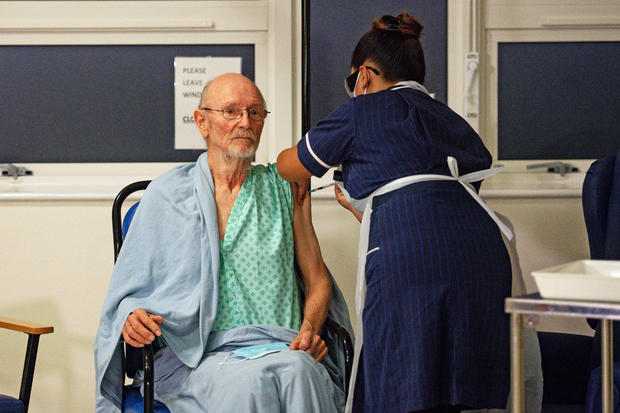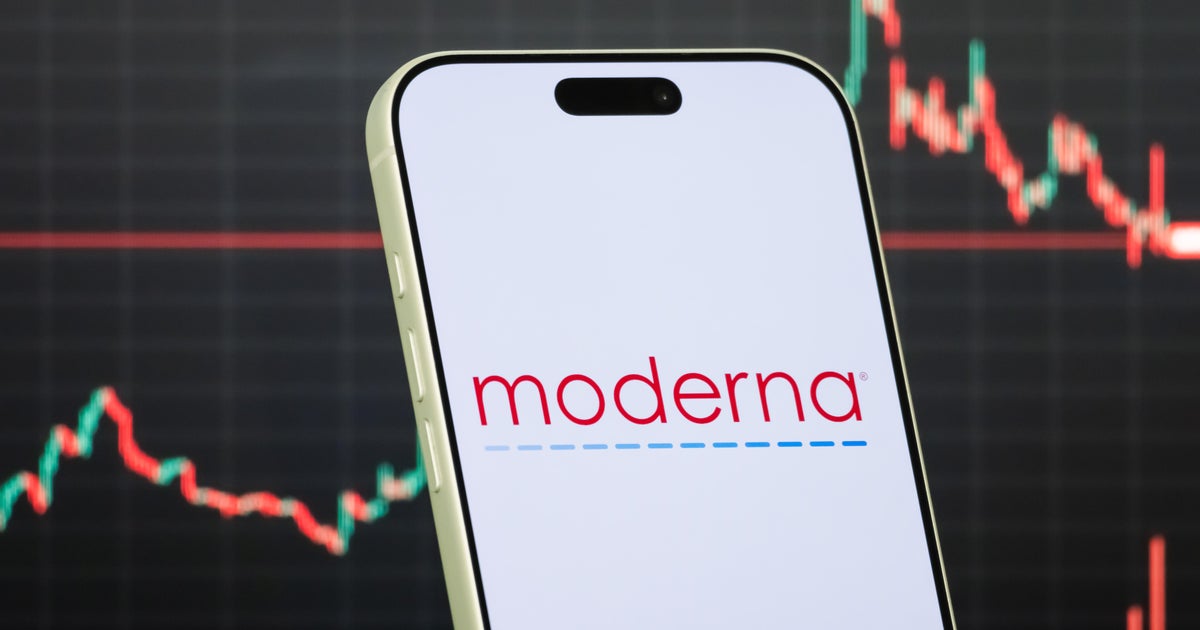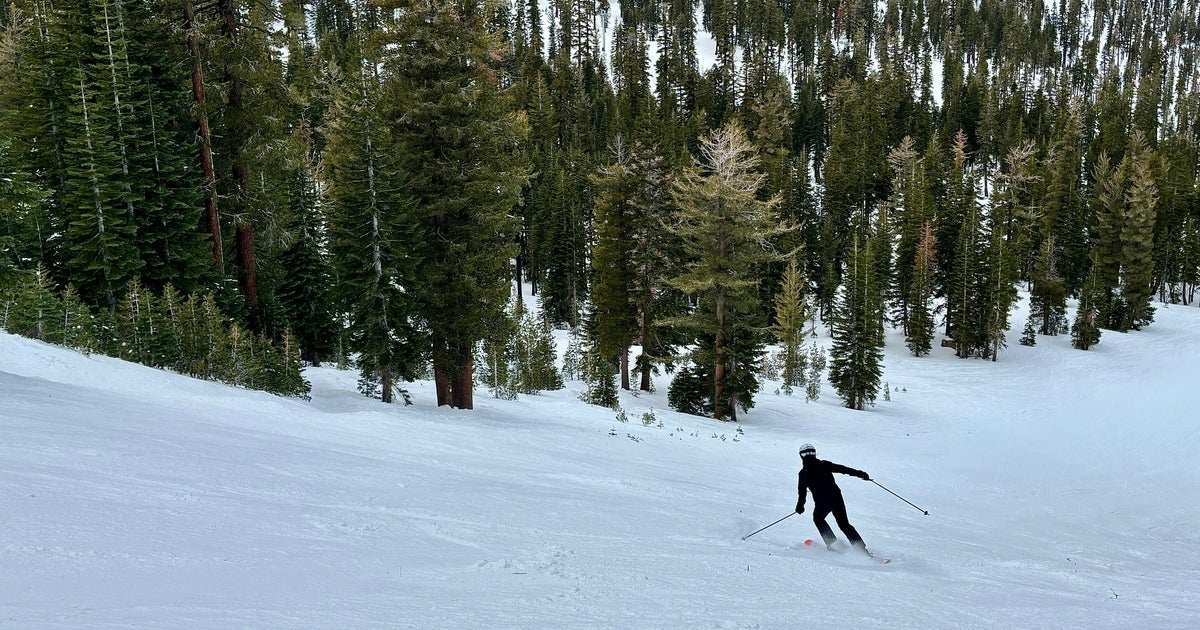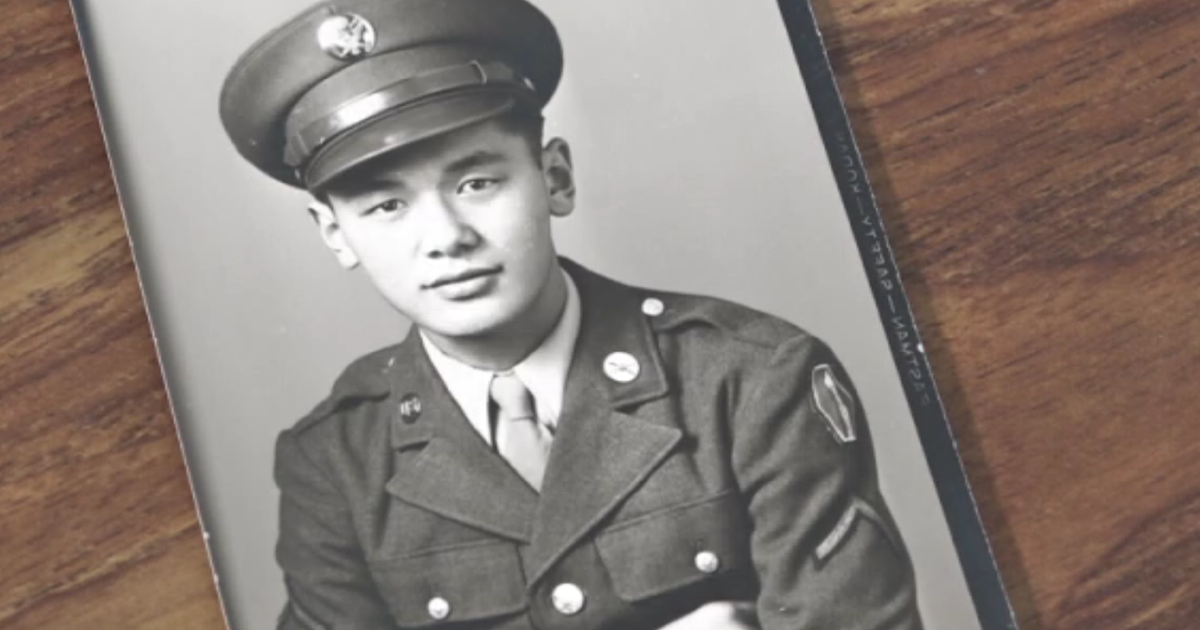William Shakespeare, first man in the U.K. to receive COVID-19 vaccine, has died of a stroke at 81
William Shakespeare – the 81-year-old man who became the second person in the U.K. to receive a COVID-19 vaccine – has died.
Shakespeare, who goes by Bill, died of a stroke, University Hospitals Coventry and Warwickshire NHS Trust said, according to BBC News.
In December, Shakespeare became the first man to receive a dose of the Pfizer-BioNTech vaccine, following 91-year-old Margaret Keenan, the first person in the country to get the shot. "It could make a difference to our lives from now on, couldn't it?" he said at the time. "It's started changing our lives and our lifestyle."
He was a patient at the hospital's frailty ward when he received his first dose. He is survived by his wife of 53 years, two sons and grandchildren.
"Bill was so grateful for being offered the opportunity to become one of the first people in the world to be given the vaccine," his wife, Joy, said in a statement released by the trust, according to BBC News.
"It was something he was hugely proud of – he loved seeing the media coverage and the positive difference he was able to make to the lives of so many," she said. "He often talked to people about it and would always encourage everyone to get their vaccine whenever he could."
Shakespeare enjoyed photography and music, often attending jazz performances to take photos of musicians. He worked at Rolls-Royce and was a parish councillor.
"Bill loved meeting people and helping them in any way possible," his wife said. "Most of all he was a wonderful husband, father and grandfather, nicknamed Pop Pops by the grandchildren. He left a huge imprint on everyone who knew him and will be greatly missed."
Coventry councillor Jayne Innes, a friend of Shakespeare's, said the best way to pay tribute to him now is to get a vaccine. In a Facebook post, Innes wrote: "Bill will be remembered for many things, including a taste for mischief. He became an international sensation as the first man to receive a Covid vaccine."




